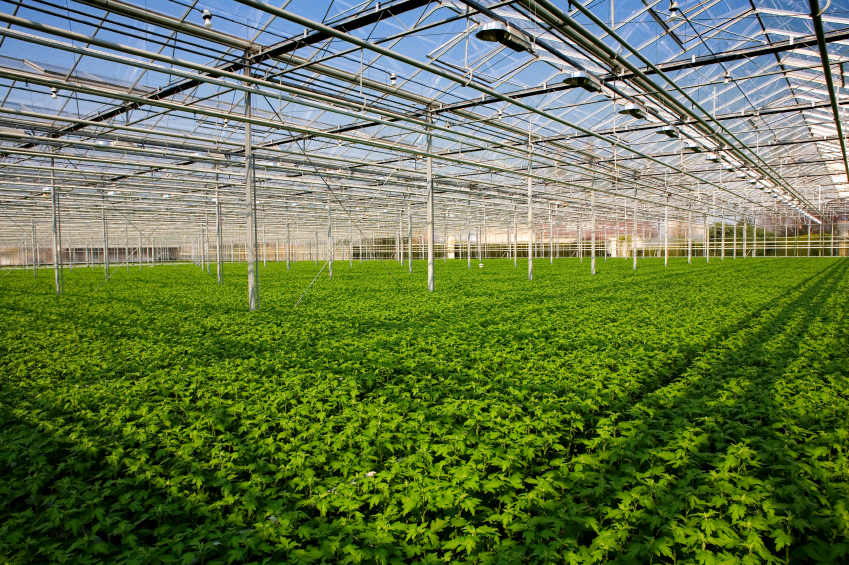How can standards support the full deployment of innovation in the bio-based industry? Standards are used in all parts of the bio-based product market. Their application is specific to a product or an application and can differ from sector or value chain where it is applied.
As part of the work of the STAR4BBI research project an investigation was undertaken to determine concepts that could be laid down in standards at a more general or broader level. The work looked into possibilities to apply product specific test standards, certifications and labels on a more horizontal level through the so – called horizontal standards. Several aspects have been identified that create hurdles that currently prevent a better integration of the bio-based industry across boundaries. Interested parties are invited to comment and assist the project in achieving this objective for better integration and support to CEN in the industrial applicability and use of existing standards is sought.
For this purpose, a broad desk research and follow-up by gathering inputs from academic articles, conferences, developed standards in the bio-based industry and interviews with industry was carried out. This resulted in the following identified aspects:
- Terminology
- A common language across the value chain is of major importance. CEN/TC 411 has delivered a standard on common terminology (EN 16575). Although interviewees confirmed that they do not use the terminology set by EN 16575 and they have not experienced any communication problems, the research shows that consumers are sometimes confused when talking about bio-based products. Does it mean that the products are biodegradable? Does it mean that these are sustainable? Or does it mean that products are compostable? The different certificates for the characteristics are not always clear to consumers.
- Test methods/Sampling
- Bio-based content: It is essential to characterize the amount of biomass contained in the product by, for instance, its bio-based content or bio-based carbon content. However, it is important to note that bio-based content of a product does not provide information on its environmental impact or sustainability, which may be assessed through LCA and sustainability criteria. The carbon content was usually defined according to the US/international standard method ASTM D-6866. However, Europe has developed its own standards to determine the bio-based content of a product. Both work in the legal and policy environment that they are developed for, but when internationally traded one needs to be cautious about product claims, as the different tests of these standards result in different bio-based content of a product.
- Standards developed for fossil-based products, applied for bio-based products: It is challenging when requirements in standards/regulations that have been developed for fossil-based products are applied for bio-based products. Main challenges are related to “proving” that bio-based materials are equivalent to traditional materials. As a result in some cases these bio-based materials having different functionalities do not pass the tests. Furthermore, additional advantages of bio-based products are not always included in the standard.
- B2B and B2C communication/ Labelling
- B2B and B2C communication: The term “biomass-based” or “bio-based” refers to the origin of the raw material. The prefix “bio” can refer to different functionalities (biodegradable, biocompatible, etc.) or their origin (their origin (plant based and/or produced by biotechnological processes). As all these aspects are part of a bio-based product and are to be communicated to customers, for this reason, CEN/TC 411 has developed two standards, one for the business-to-consumer (B2C) and one for the business-to-business (B2B) communication. However, when conducting the interviews with companies operating in bio-based industries, the interviewees reported that they are unaware of the existing standards.
- Labelling/certification: Over the last years many certification schemes have been developed by NGOs, authorities or certification bodies to help consumers, manufacturers, distributers, traders to choose the right products for their purpose. As a result, the market contains many different and sometimes overlapping certificates. Several of these certification schemes are only required (or used) in particular regions (or sectors). Performing business in these regions means that the products need to be certified by these specific schemes. When a company operates in different regions this results in the need of multiple certificates that are more or less similar and creates significant costs without adding significant value.
- Sustainability criteria/ Origin of Biomass / LCA
- According to the European Commission, for biomass to be effective at reducing greenhouse gas emissions, it must be produced in a sustainable way. Biomass production involves a chain of activities ranging from the growing of feedstock via products to final energy conversion at end of life. Each step along the way can pose different sustainability challenges that need to be managed. According to the interviewees clear sustainability criteria are however missing; there is a lot of conflicting information around. What is sustainable is defined differently by governments, institutions, organizations.
In the following work packages of STAR4BBI project, proposals to alternative standards will be developed for improving the horizontal aspects identified in this report. An implementation plan will be created for new or revised standards suggested.
Contact:
Minique Vrins
Netherlands Standardisation Institute NEN
Email: energy@nen.nl
Tel: +31 (0) 15 26 90 326
www.biobasedeconomy.eu/projects/star4bbi/
STAR4BBI is an EU funded project focusing on Standards and Regulations for the Bio-based Industry. The project has started on September 2016 with the duration of 36 months. It is led by the Netherlands Standardisation Institute NEN and comprises the consortium members nova-Institute, TU Berlin and Wageningen University.
The project is funded from the Bio Based Industries Joint Undertaking under the European Union’s Horizon 2020 research and innovation programme under grant agreement No 720685.

Responsible for the content under German press law (V.i.S.d.P.):
Dipl.-Phys. Michael Carus (Managing Director)
nova-Institut GmbH, Chemiepark Knapsack, Industriestraße 300, DE-50354 Hürth (Germany)
Internet: www.nova-institute.eu – all services and studies at www.bio-based.eu
Email: contact@nova-institut.de
Phone: +49 (0) 22 33-48 14 40
nova-Institute is a private and independent research institute, founded in 1994; nova offers research and consultancy with a focus on bio-based and CO2-based economy in the fields of food and feedstock, techno-economic evaluation, markets, sustainability, dissemination, B2B communication and policy. Every year, nova organises several large conferences on these topics; nova-Institute has 30 employees and an annual turnover of more than 2.5 million €.
Get the latest news from nova-Institute, subscribe at www.bio-based.eu/email




